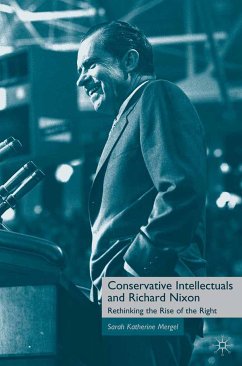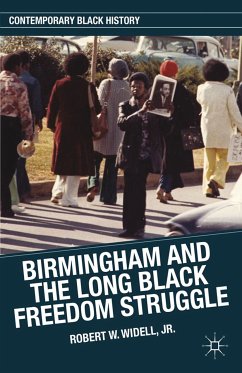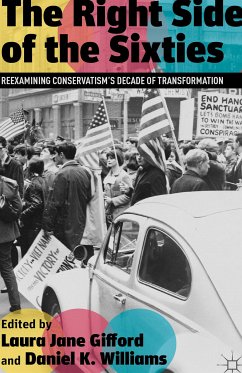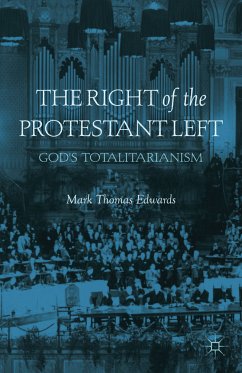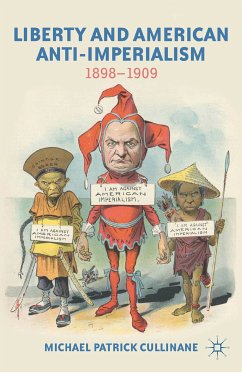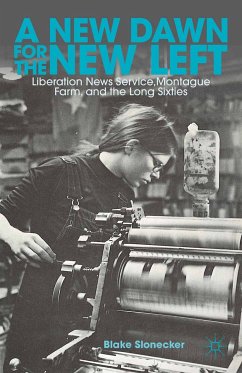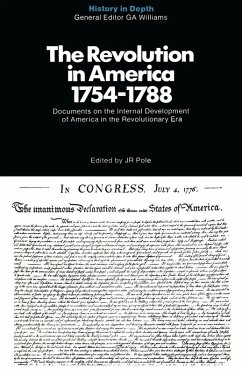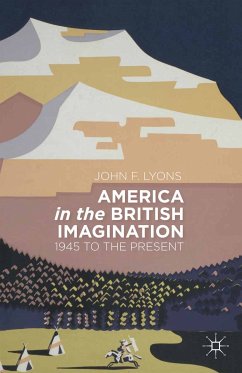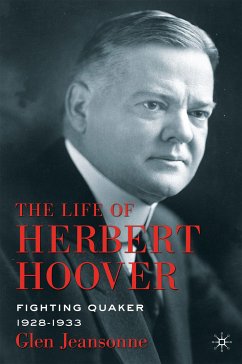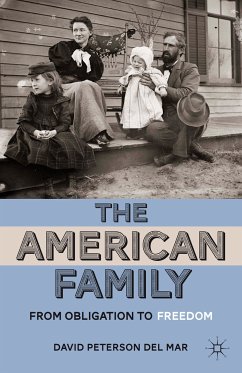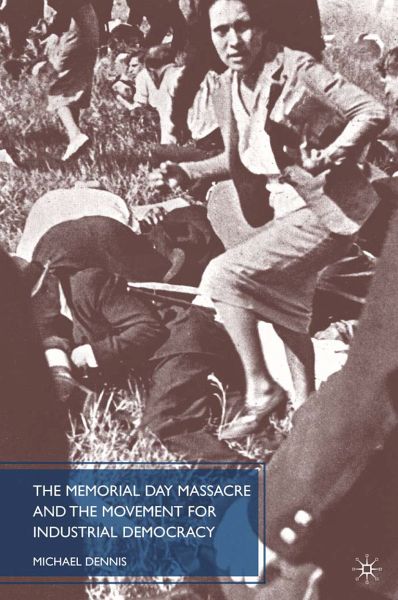
The Memorial Day Massacre and the Movement for Industrial Democracy (eBook, PDF)
Versandkostenfrei!
Sofort per Download lieferbar
40,95 €
inkl. MwSt.
Weitere Ausgaben:

PAYBACK Punkte
20 °P sammeln!
This book explores one of the most dramatic and scandalous events in the movement for American democratic reform. Dubbed the Memorial Day Massacre, it saw Chicago police shoot and kill ten demonstrators and beat more than one hundred others as they tried to form a mass picket line at the Republic Steel Plant in South Chicago.
Dieser Download kann aus rechtlichen Gründen nur mit Rechnungsadresse in A, B, BG, CY, CZ, D, DK, EW, E, FIN, F, GR, HR, H, IRL, I, LT, L, LR, M, NL, PL, P, R, S, SLO, SK ausgeliefert werden.



